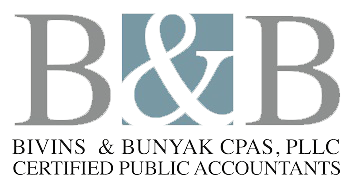Not long ago, I found myself evaluating the types, features and specifications of the various types of tablets on the market. Like most buyers I considered how this was going to allow me greater convenience – and if it could do anything magical beyond what I was already aware. Now, my intention was to have a business ready device, but I knew my reality would also mean loading it up with games, and that the kids might end up using it use more than I would. When I had finally picked a model that I thought appropriate, cost was my next consideration. $600 lighter, I was on my way to the cutting edge of technology to peruse email and surf the web (and possibly less raucous car trips). I wondered though, to what degree do people understand what stuff like this really costs?
Let’s say that this revolutionary email machine would serve its intended purpose as a business tool (forget momentarily the mental images of my kids squashing zombies and my wife entertaining friends with vacation pictures); financially my iPad would qualify as a business deduction. The Internal Revenue Service defines that a business expense must be “ordinary and necessary.” Ordinary meaning common and accepted in my trade or business and necessary meaning helpful and appropriate. This analysis would seem to conclude that it would be a deduction. If we assume that I am in a combined federal and state tax bracket of 30%, this means that my $600 iPad only cost me $420 (excluding sales tax) as the deduction saves my tax cost of $180.
On the other hand, let’s assume this contraption gets commandeered by the wife and kids and becomes purely for personal use (think stacking candy and movies). How much am I out of pocket for it now? Assuming the same tax rates (excluding sales tax) as the previous example, that’s $857. For me to be able to buy a $600 iPad, I have to make enough ($857) to be able to pay the tax ($257) to have the remaining amount ($600) available to spend. My iPad just doubled in cost.
Clearly, the cost of this to me is not the same depending on its intended use. Unfortunately this applies to all areas of personal spending and tax deductions. Think of tax deductions like a rainbow. On one end, you have ice cream cones, running shoes and slick new skis – which have generally nothing to do with the production of income. On the other end is boring stuff like business insurance, commercial welding equipment and specialized tools, which are integral to such. Somewhere in the middle are vehicles (complexities of which deserve separate attention), cellphones and stuff from which people derive a personal benefit and also have a business application.
One of the best quotes I’ve heard about tax deductions is “It will work just fine until it won’t work at all.” Make sure that you have your paperwork together if you want to roll the dice with the IRS. I’m not trying to undermine that there is always plenty of healthy debate regarding specific transactions and circumstances that could appear personal which have business substance – just make sure that you understand what the real cost is to you. As for my kids, we have some fairly quiet car trips – thanks to the library. The wife got the iPad.


